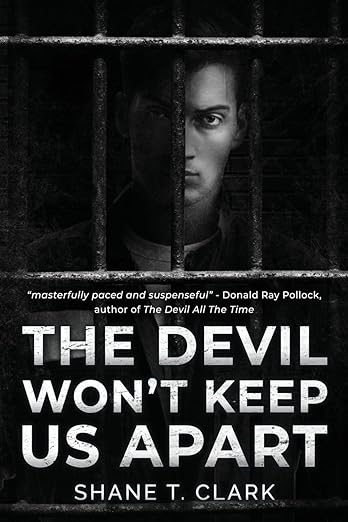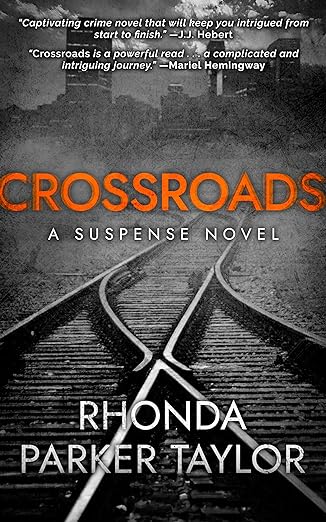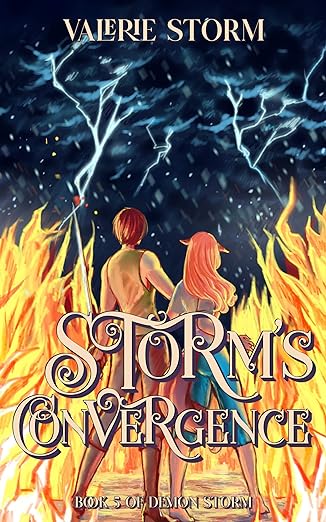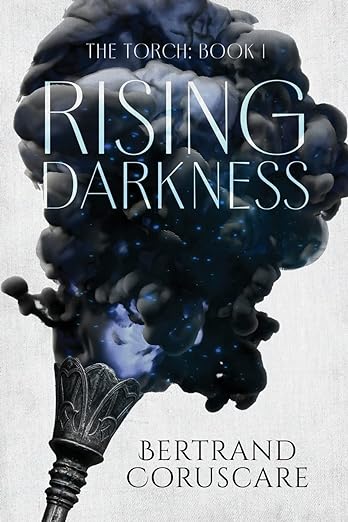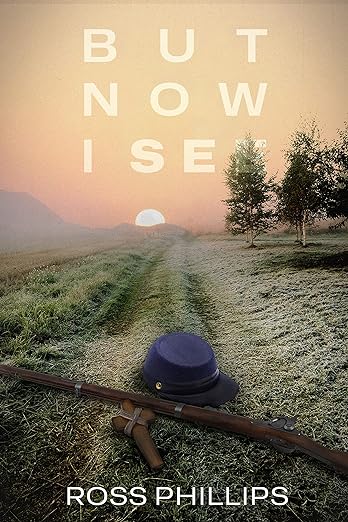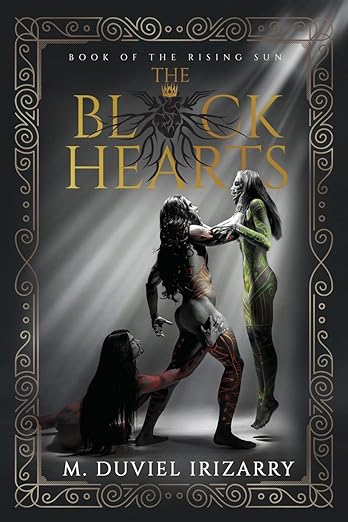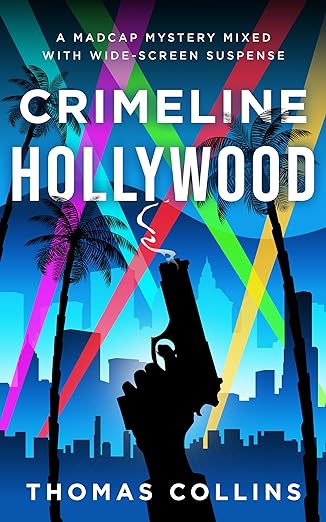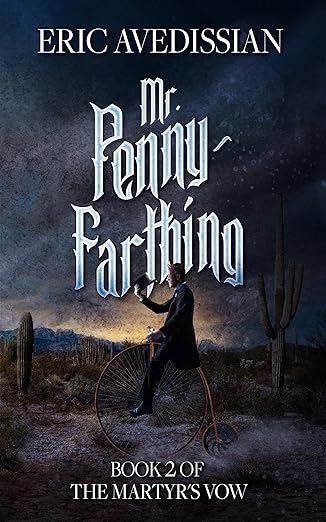Author Talk with Anthony Lee about A Temple of Forgotten Spirits
Reasons to Listen to A Temple of Forgotten Spirits
Guest Post by Anthony Lee
If I had to describe William F. Wu’s A Temple of Forgotten Spirits in just one word, I would say it’s unique.
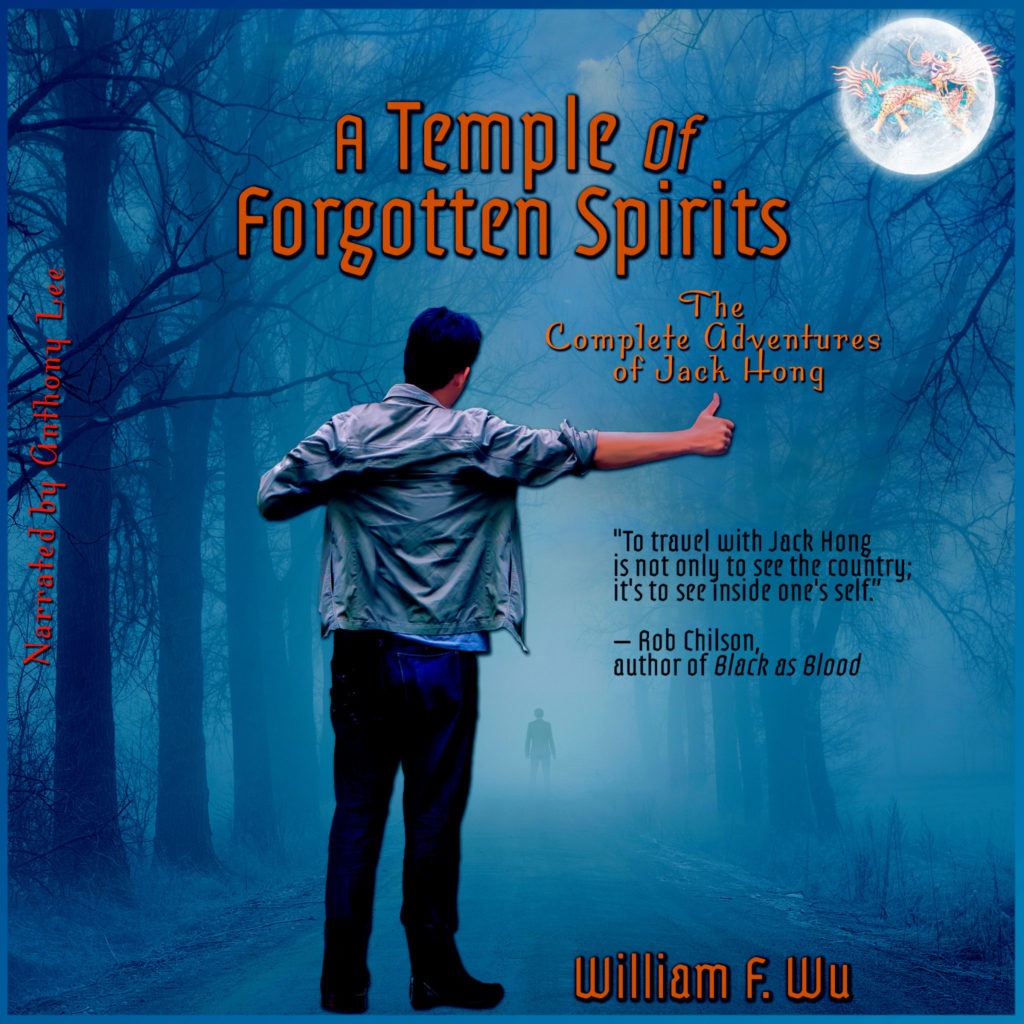
For one thing, it’s Asian-American fiction but not the typical kind. People who think of Asian-American fiction tend to think of stories revolving heavily around traditional Asian culture and books by authors such as Amy Tan, Maxine Hong Kingston, and Chang-Rae Lee. But William F. Wu has done two things different here. One, he incorporates aspects of Chinese folklore and history that many people may not know about. Two, he features a protagonist who is an American of Asian descent, not an Asian immigrant in America. Ultimately, the author is broadening people’s perspective and understanding of the Asian experience, by highlighting the types of Asian people and historical events we hear less about.
This book also has a unique take on the supernatural. Stories about ghosts are typically intended to be suspenseful and frightening. A Temple of Forgotten Spirits does feature a few instances of this, but not all supernatural elements in this audiobook are designed to scare the listener. Some supernatural elements in this book are better described as mysterious, such that the audience is genuinely curious and wants to know more about the ghostly character. And there are a few friendly ghosts, too. Along those lines, there are a few stories in this book that can be said to feature the supernatural solely for the purpose of being uplifting, even triggering tears of joy for some people. I would say that, regardless of how each supernatural element is presented on the surface, there is a sense of heartfeltness underlying it all.
There is even a sense of uniqueness for each story compared to the others. It is true that each story centers on Jack Hong witnessing the keilin (mythical Chinese unicorn) and a moment of good fortune and salvation, but this formula entails very different situations throughout the story collection. They range from two characters having the same ghostly vision and finding that they can do no more for it, to an epic action-packed battle between two dueling characters, and various other things in between. I think you would be hard-pressed to identify a story in this collection that feels like a lazy rehash of one of the others.
When you put it all together, this book is about a young Asian guy’s journey across America as he discovers who he is. I think this is the kind of book that would appeal to the young adult audience, especially if they find it boring to read Asian-American fiction. The stories in this book are both entertaining and educational, the kind that young people, and older adults, could benefit from. William F. Wu has written something that will let you have fun, learn something, and feel great in the end.
Anyway, I hope this inspires you to listen to A Temple of Forgotten Spirits. If you do decide to check it out, I hope you enjoy hearing it as much as I enjoyed narrating it.






